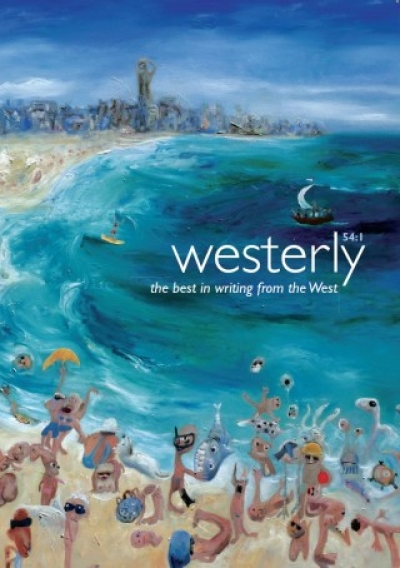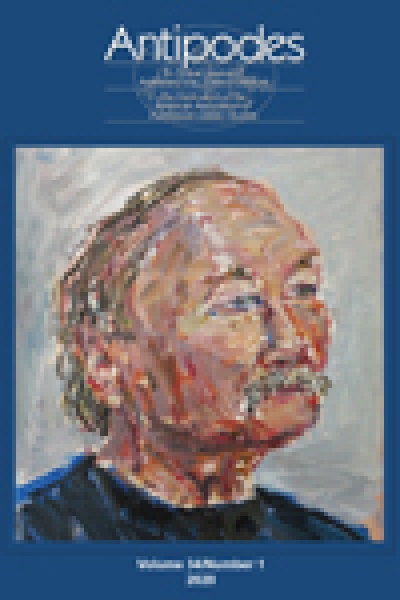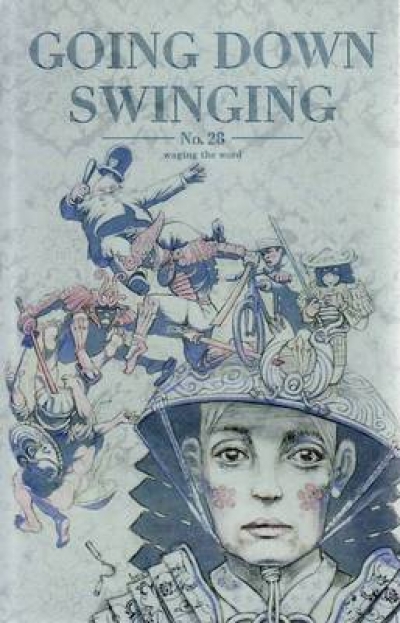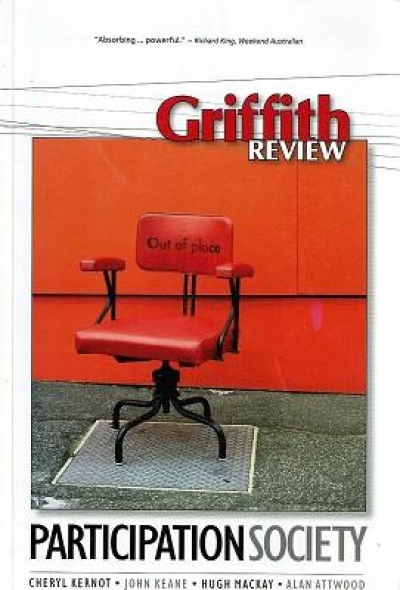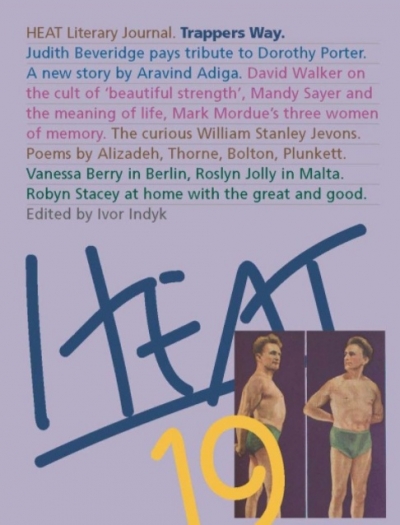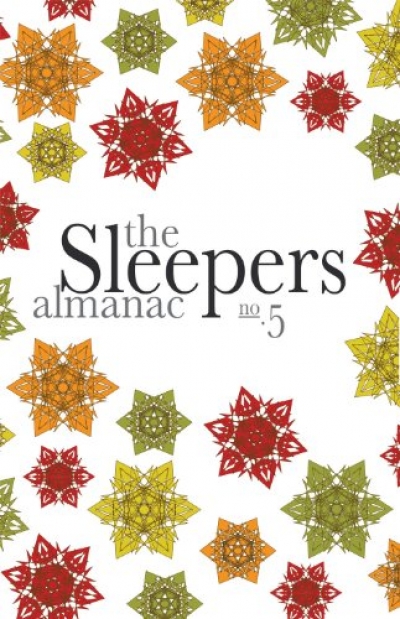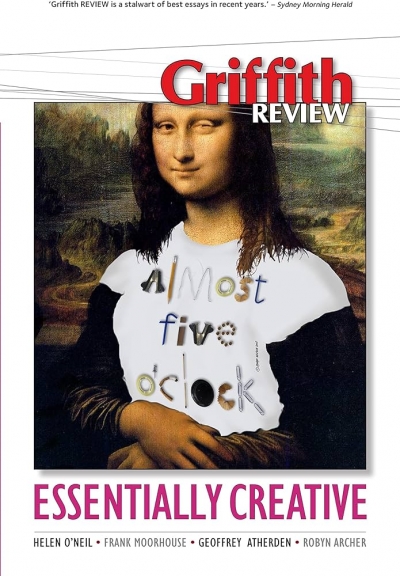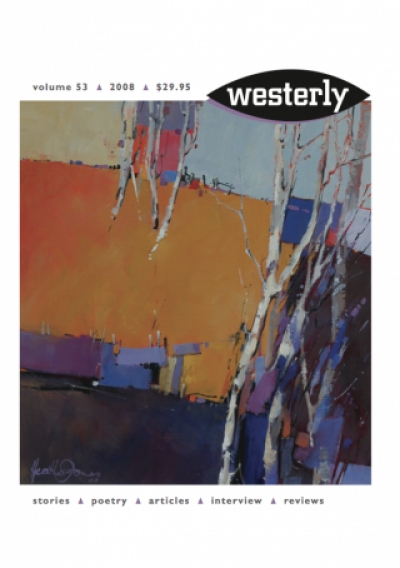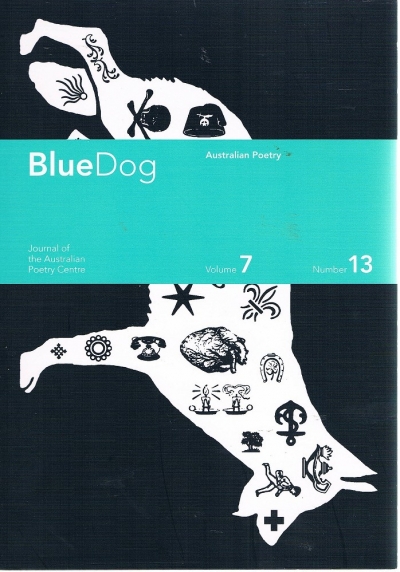Journals
Westerly Vol. 54, No. 1 by Delys Bird and Dennis Haskell
Anthony Lynch reviews ‘Cultural Studies Review Vol. 15, No. 1’ by John Frow and Katrina Schlunke
As John Frow and Katrina Schlunke state in their editorial, the diverse writing in this issue of Cultural Studies Review, collected under the theme of ‘Homefronts’, includes essays dealing with nationhood, family, the manufacture of crisis and celebrity, neo-liberalism and homelessness. Given the space to explore complexity, many contributions remain refreshingly accessible to the non-specialist reader. Popular culture is, of course, one of the mainstays of cultural studies, and the first two essays concern themselves with film. Jon Stratton’s insightful opening essay posits that the Australian tilt towards neo-liberalism from the mid 1990s, with its replacement of the social contract with individualism, has led to a series of films in which individual contracts and narratives of revenge are legitimised. Concerns with this ideological shift pervade a number of the essays, including pointed analyses of TV networks mining tragedy and triumph in Beaconsfield (by Jason Bainbridge) and the Howard government’s constructions of ‘crisis’ in indigenous communities (Virginia Watson).
... (read more)
